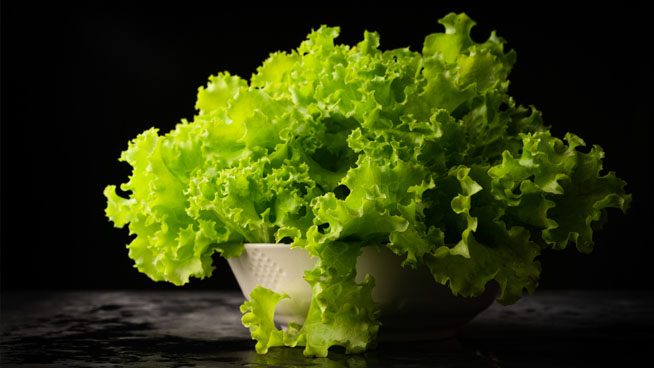Salad and Cultural Movements 1
添加时间:2021-07-06 21:40:58 浏览:2533
What do toothbrushes, popular drinks like tea and coffee, and salad have in common?
Well, they are, to different degrees, related to humans' dietary practice:
toothbrushes are our go-to device for cleaning teeth after chomping on nutritional fuel.
Coffee and tea constantly appear in various dietary regimens that contradict each other in terms of increasing/reducing their consumption.
And salad itself is a dietary choice, with ever more people espousing and extolling it for its numerous health benefits.
There's one subtle commonality that you might not be aware of: give or take a few centuries, all three of them go as far back as the dawn of human civilization.
First recorded by the ancient Greeks, the embryonic toothbrush was a chewing stick with one end as a handle and one worn end to scrub teeth with.
The serendipitous discovery of tea took place in ancient China and the drink rapidly caught on ever since.
As for the first version of salad, it was simply a bowl of raw greens mixed with oil, vinegar, and salt. In fact, the root of the word, salad, is sal, which means salt in the Latin language.

The ancient Greeks and Romans were thought to be the first to have consumed this kind of dish.
In comparison to the broad array of salads we enjoy nowadays, the earliest salad might seem a little rustic and unadventurous.
However, it would do us a disservice if we isolate the dish from its larger cultural context, because shifts in people's dietary habits were often accompanied by their changing views towards health and culinary practice.
For example, during the period when salad first made its appearance, opinions regarding healthy diets were split between two schools of thought.
Dietitians like Hippocrates put forth that in a meal, vegetables should be eaten first.
Their argument went that vegetables could create a positive flow in one's digestive system and thus make the rest of the meal more smoothly absorbed.
Their opponents were less concerned with health and more with taste, asserting that salad dressing would taint the flavor of accompanying wine and thus vegetables should be consumed by the end of the meal.
It turns out that Hippocrates was right, with today's scientists confirming that eating vegetables prior to carbohydrates can reduce sugar intake during each meal and lower the risk of developing diabetes.
People diagnosed with diabetes can also stick to this order of dining to maximize their preservation of good health.